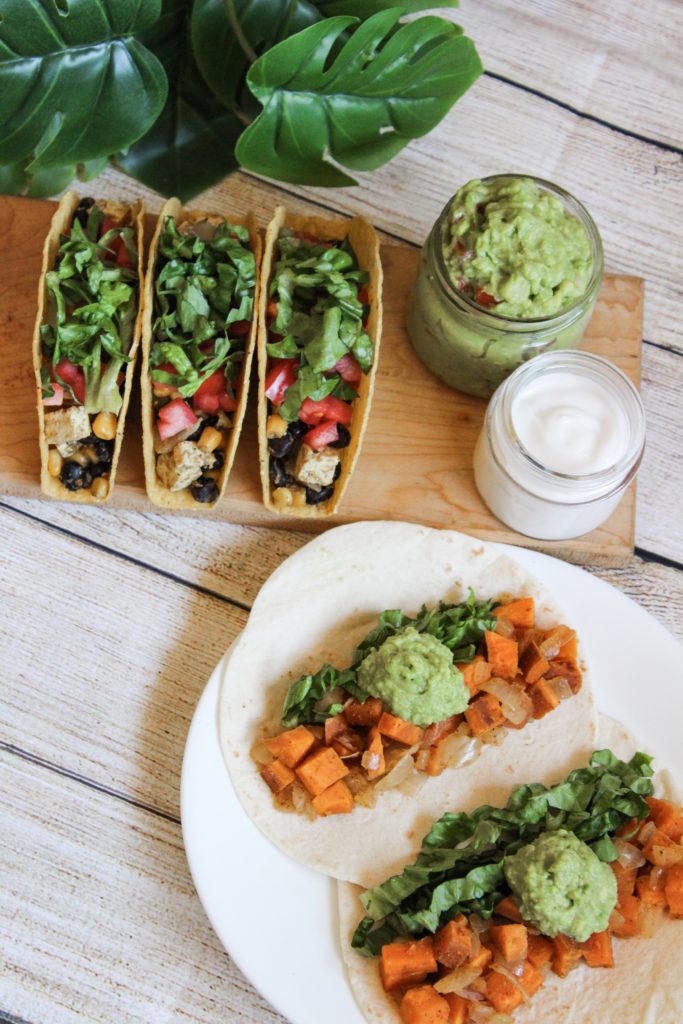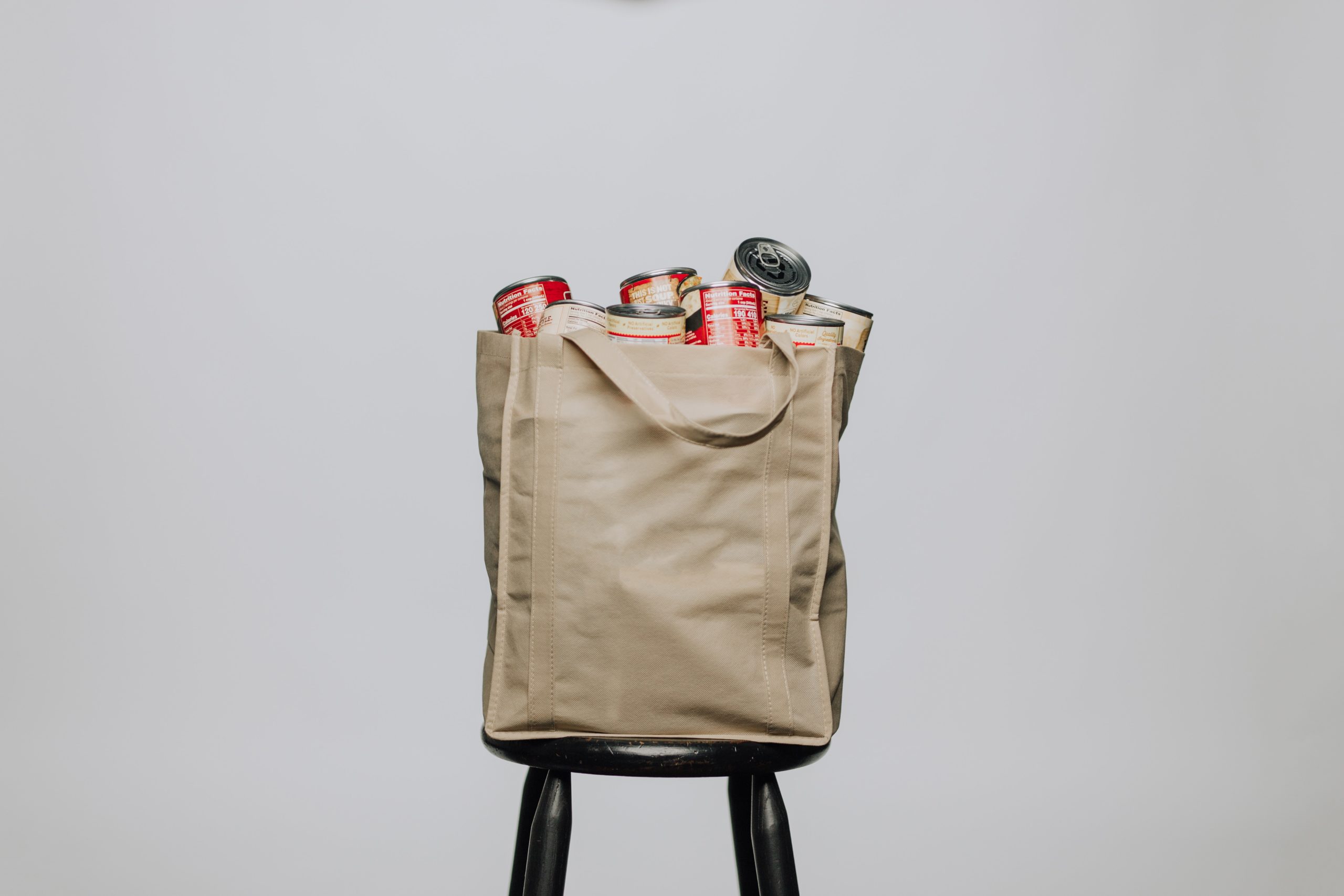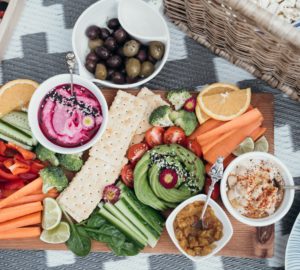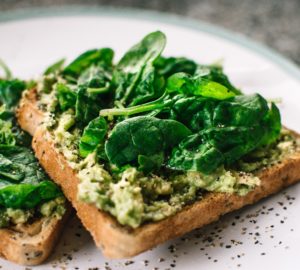All the plant-based canned goods you need in your pantry right now
Have you been trying to stock your pantry with plant-based items, but a little unsure of where to start? We’re here for you! Luckily, there are so many ways to fill your pantry with long-lasting nutritious (and delicious) plant-based ingredients. From vegan canned foodie favorites to simple pantry organizing tips, here’s our guide to get the ultimate plant-based pantry.
Canned fruits & veggies
Spinach: Oddly enough, canned spinach actually contains more vitamin C per serving than its fresh counterpart! Plus, it lasts a whole lot longer and is much cheaper.
Tomatoes/tomato sauce: Tomato sauce and canned tomatoes are super versatile — you can use them in pasta, vegan chili, veggie meatballs, and baked eggplant.
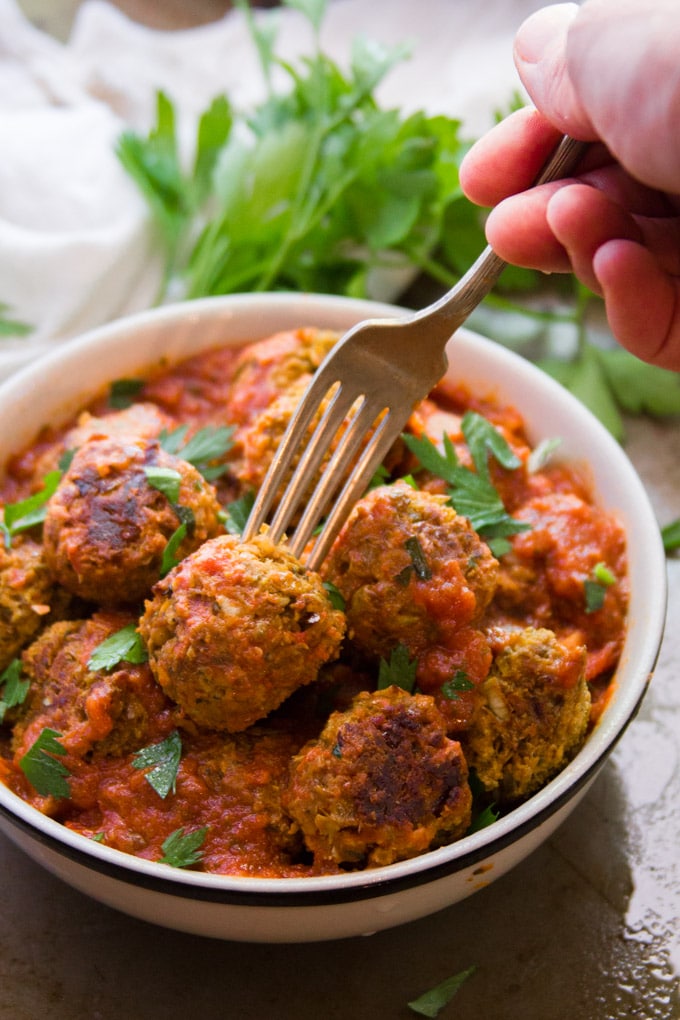
Black olives: We love to add black olives in our pasta dishes (like this 1-pot spaghetti recipe from My Goodness Kitchen).
Prunes: Loaded with vitamin C and antioxidants, prunes are packed with lots of benefits.
Green beans: Whip up a super easy side dish with the help of canned green beans. They’ll add instant nutrients to your plate, plus a pretty pop of color!
Sliced beets: We know beets aren’t everyone’s fave ingredient, but these bright veggies are linked to fighting inflammation and helping with digestion. Try them grilled or mixed in a soup.
Artichokes: Get fiber, iron, and protein on your plate with artichoke. And when they’re canned, you get straight to the yummy stuff by skipping the petals!
Pineapple: While canned pineapple has less vitamin C than fresh pineapple, it still delivers a good share of nutrition. You can use canned pineapple in everything from vegan fried rice to pineapple sorbet.
Pumpkin: Why not enjoy a taste of fall all year round with canned pumpkin?! It’s packed with vitamins and nutrients, and just tastes delicious.
Green chiles: Get a little spice in your life with green chiles. You can use them in veggie burgers, stews, and pasta dishes.
Canned beans
Kidney beans: Adding kidney beans to your plate is a super efficient way to get a dose of protein, vitamins, and good-for-you nutrients in your dishes.
Chickpeas: Whether you’re a hummus lover or want to add some protein to your soups, chickpeas are a great thing to keep stocked in your pantry.
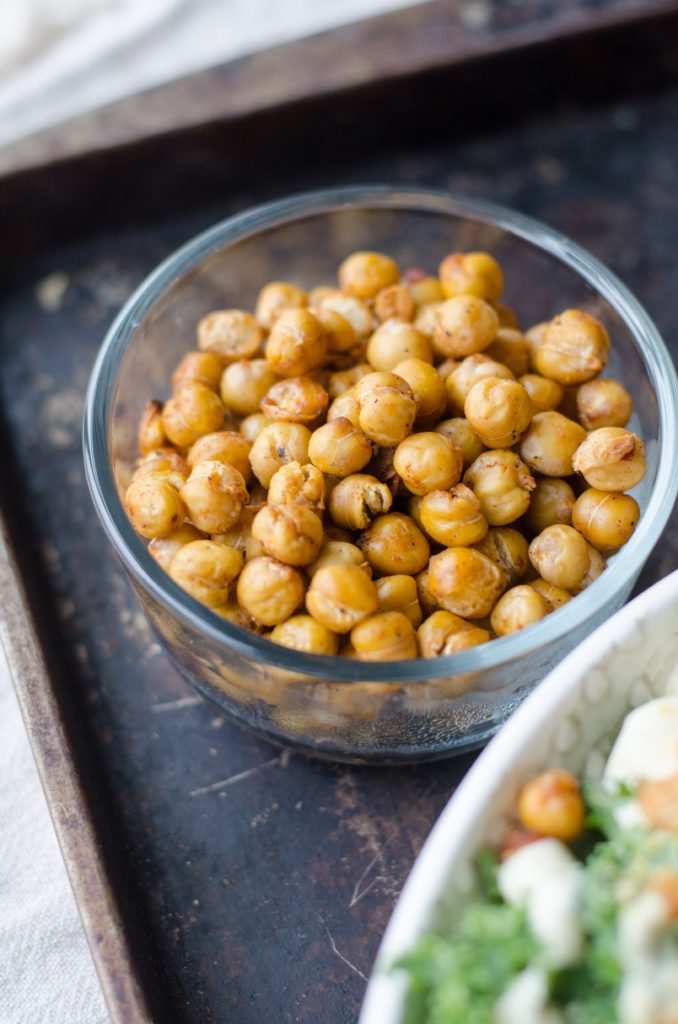
Refried beans: Refried beans are delish in veggie taco recipes. And adding refried beans to your dishes is an easy way to get more fiber and protein in your diet!
Black beans: If you ask us, every pantry should be stocked with black beans. They’re loaded with protein and fiber, and can be used in so many different meals like tofu scrambles, burrito bowls, and quinoa salads (to name a few).
Cannellini beans: We love cannellini beans in our salads, soups, and even straight up with a drizzle of olive oil + spices. And they’re wonderfully nutritious with protein, vitamins, and iron.
Pro-tip: When selecting canned beans, always look for BPA-free on the label, and be sure to drain and rinse beans before using them.
Canned vegetable soups
Amy’s Butternut Squash Soup: We love this soup because it’s super smooth, simple and tasty. It’s a little higher in sodium than ideal (320mg), but it delivers potassium and calcium, so that’s a definite plus!
View this post on InstagramA post shared by Amy's Kitchen (@amyskitchen) on
Campbell’s Well Yes! Italian Vegetables with Farro Soup: Loaded with zucchini, carrots, and farro, this soup is comforting and super nutritious. FYI, it packs a lot of sodium, so keep that in mind when planning your meals for the day.
Amy’s Minestrone Soup: Keeping hearty soup on hand is one of our must-have pantry staples. And this light sodium minestrone soup from Amy’s is packed with so much veggie goodness and flavor, which makes it one of our go-tos.
Other must-have pantry staples
Flour: If you’re anything like us, baking is one of our fave cozy activities. So that’s why we love to keep flour stocked at all times! Put your flour to good use with these yummy macadamia nut chocolate chip cookies from The Wholesome Culture Cookbook.

Canned coconut milk: You’ll get none of the dairy, but all of the creaminess with canned coconut milk. We love it in curry, pasta, and soup dishes.
Oats: You can do a whole lot more with oats than make oatmeal. Oats are delicious in pancakes, energy balls, and smoothies. (learn more reasons why we love oats!)
Pasta: Of course, pasta is a pantry essential. We’re big fans of Banza, which is pasta made of chickpeas, and Explore Cuisine Red Lentil Pasta.
Take our personality quiz to figure out which pasta dish you should make tonight!
View this post on InstagramWe like to stuff our avocados with more Mac, but hemp seeds work too. [📸: @kissmywheatgrass_]
A post shared by Banza (@eatbanza) on
Dried fruits: Most dried fruits can last up to a year in a pantry. From dates, to dried apricots, to dried cranberries, there are lots of types of dried fruits to enjoy without worrying about them going bad anytime soon.
Nuts & nut butters: What’s a plant-based pantry without nuts and nut butters?! Stocking up on almond (or peanut) butter, walnuts, cashews, and pistachios is a great way to be sure you have access to high protein, super nutritious foods in your kitchen at all times.
View this post on InstagramA post shared by Vivi – Sustainable Lifestyle (@wandering_wild_home) on
Seeds: We’re obsessed with hemp seeds, chia seeds, flax seeds, all of them! Sprinkle them in your smoothies, oatmeal bowls, granolas, salads, breads — the options are endless!
Looking for fun ways to use peanut butter? Don’t miss every peanut butter recipe you need in your life right now.
Things to avoid
Added sugar: Sometimes canned goods are loaded with sugar, particularly with canned fruit. So be mindful of the labels.
Sodium: Just like canned food often packs in the sugar, it also can be very heavy on the salt. We try to avoid anything with more than 300 mg of sodium per serving (give or take!).
Try not to forget about your food: Yes, canned food lasts a really long time. But it doesn’t last forever! Canned foods usually last between one to four years, so try to use or donate the goods before they go past the expiration date.
Pantry organizing tips
Take inventory: We try to make lists every once in a while of what we have. More often than not, we find hidden gems that we had no clue were hiding in our pantries. Jotting down what we have also makes it easier to figure out what we need to purchase.
Find your storage favorites: Clear mason jars are some of our favorite organizing tools but there are so many options for storage (check out our plastic-free storage favorites).
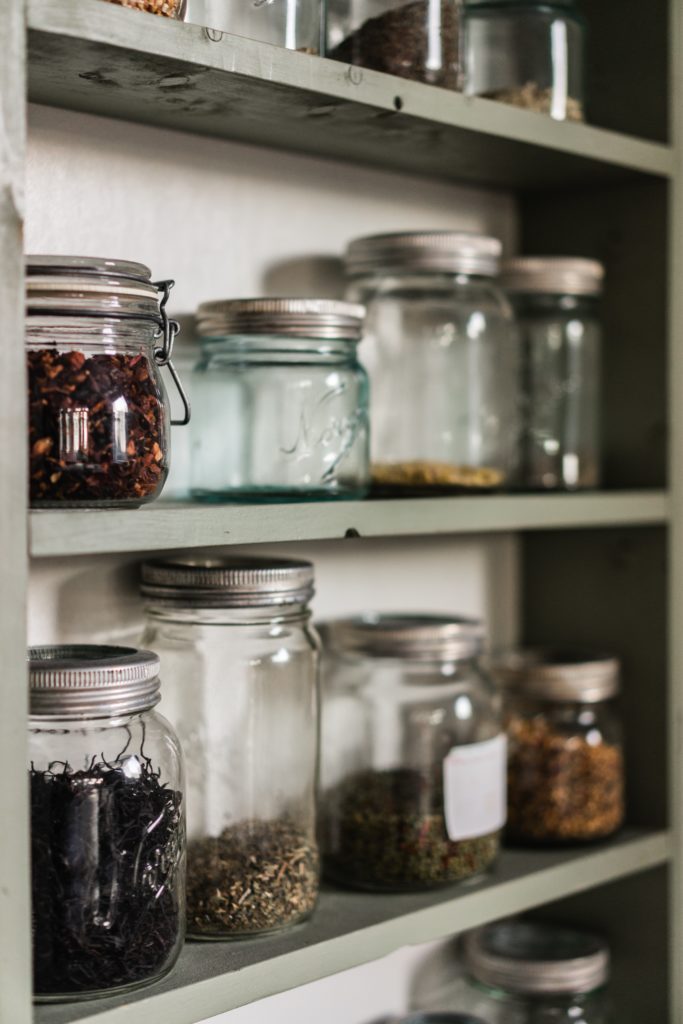
Label: We like to use brown tape to label our jars, which makes everything look super neat and identifiable, so there’s no confusion about what’s what.
Create groups: Grouping things like grains, spices, and dried fruits makes it easier to sort through everything and avoid letting our pantries turn into one big jumble.
Now that you know everything you can stock up on, read: WHAT TO STOCK IN YOUR PLANT-BASED PANTRY —PLUS, 10 MUST-MAKE RECIPES.
And for even more delicious and nutritious plant-based cooking inspiration, check out The Wholesome Culture Cookbook, which is packed full of 80+ recipes for smoothies, breakfast, lunch, dinner, dessert, and side dishes!
